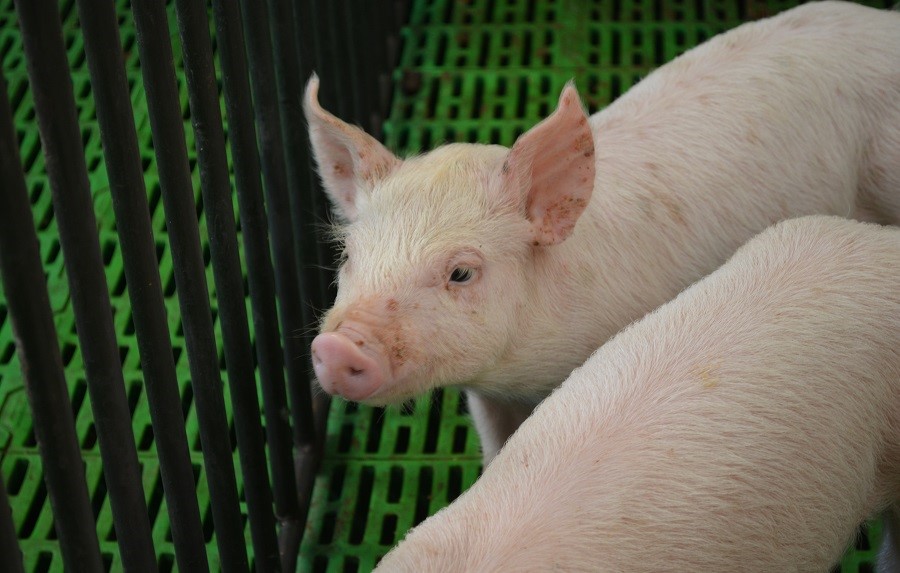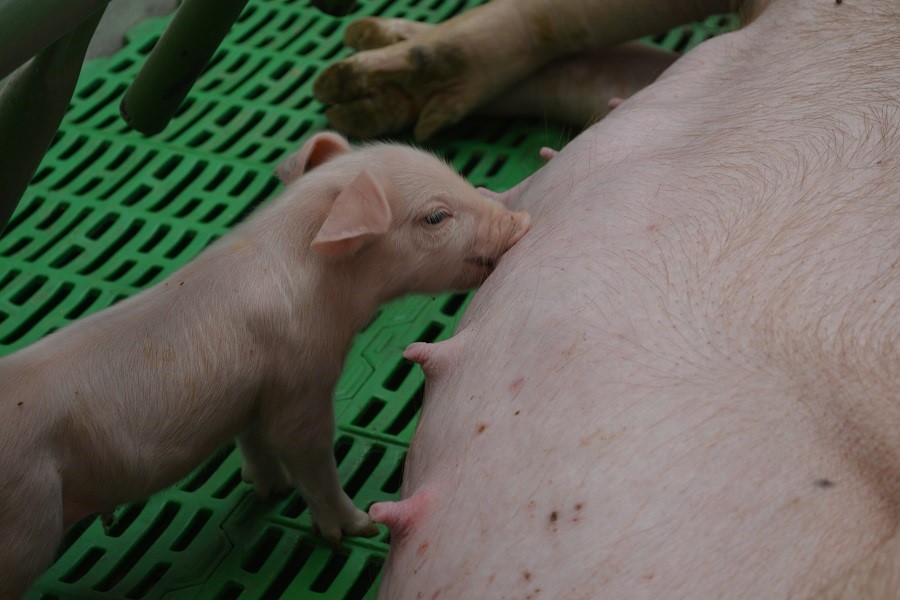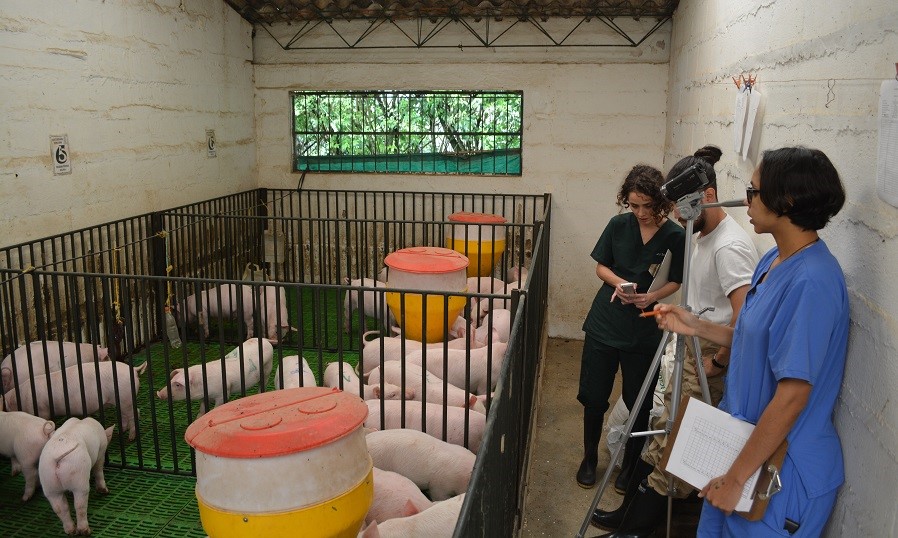Z7_89C21A40L06460A6P4572G3JN0
 Inglés UdeA - Cabezote - WCV(JSR 286)
Inglés UdeA - Cabezote - WCV(JSR 286)
Z7_89C21A40L06460A6P4572G3JQ2
 Signpost
Signpost
Generales
Z7_89C21A40L06460A6P4572G3JQ1
 Music for Swine Welfare
Music for Swine Welfare
Z7_89C21A40L06460A6P4572G3JQ3
 Portal U de A - Redes Sociales - WCV(JSR 286)
Portal U de A - Redes Sociales - WCV(JSR 286)
Z7_89C21A40L06460A6P4572G3J60
 Portal U de A - Listado Interna Sin Menu - WCV(JSR 286)
Portal U de A - Listado Interna Sin Menu - WCV(JSR 286)
Z7_89C21A40L0SI60A65EKGKV1K57
 Inglés UdeA - Iconos Footer - WCV(JSR 286)
Inglés UdeA - Iconos Footer - WCV(JSR 286)
Universidad de Antioquia | Vigilada Mineducación | Acreditación institucional hasta el 2022 | NIT 890980040-8
Recepción de correspondencia: calle 70 No. 52 - 21 | Apartado Aéreo 1226 | Dirección: calle 67 No. 53 - 108 | Horario de atención
Conmutador: [57 + 604] 219 8332 | Línea gratuita de atención al ciudadano: 018000 416384 | Fax: [57 + 604] 263 8282
Peticiones, quejas, reclamos, sugerencias, denuncias, consultas y felicitaciones
Política de tratamiento de datos personales
Medellín - Colombia | Todos los Derechos Reservados © 2018
Recepción de correspondencia: calle 70 No. 52 - 21 | Apartado Aéreo 1226 | Dirección: calle 67 No. 53 - 108 | Horario de atención
Conmutador: [57 + 604] 219 8332 | Línea gratuita de atención al ciudadano: 018000 416384 | Fax: [57 + 604] 263 8282
Peticiones, quejas, reclamos, sugerencias, denuncias, consultas y felicitaciones
Política de tratamiento de datos personales
Medellín - Colombia | Todos los Derechos Reservados © 2018










